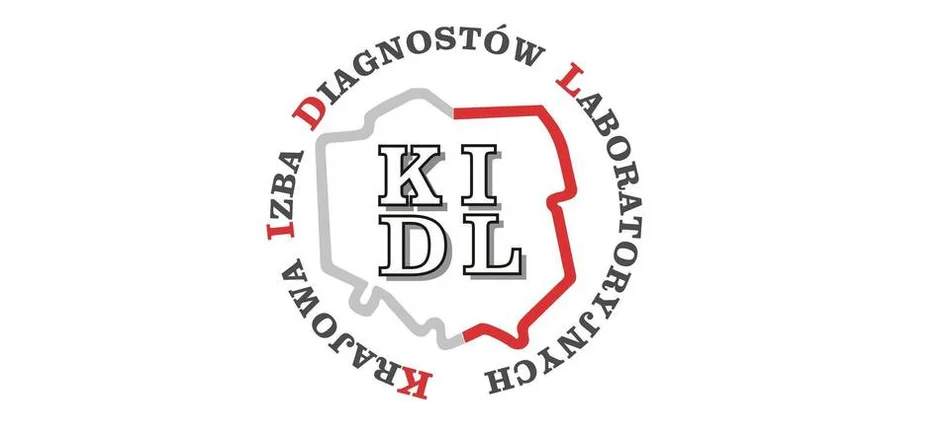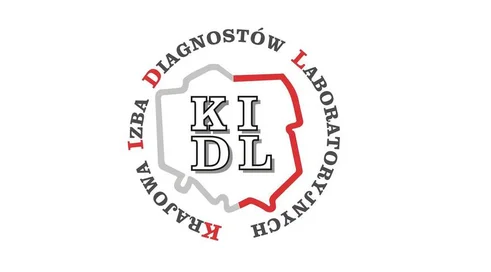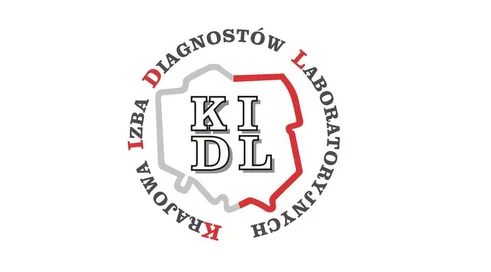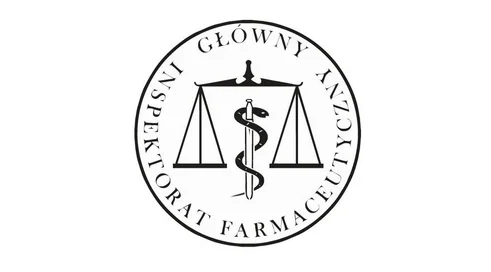The National Council of Laboratory Diagnosticians makes a comment on the omission of the body of the professional diagnosticians' self-government among those giving opinions on the draft regulation of the Minister of Health on the pilot program of pharmacist-led reproductive health care.
The draft regulation provides for the launch of a pilot program through which pharmacists will be able to issue a pharmaceutical prescription for emergency contraception containing ulipristal acetate in its composition, if justified by the patient's health condition related to the risk of an unplanned pregnancy.
The designer proposes to verify the adequacy and effectiveness of the pharmacist's inter...
Content locked
To gain access to the complete English section of the Medexpress.pl, kindly reach out to us at [email protected].
If you already have an account, please log in



















